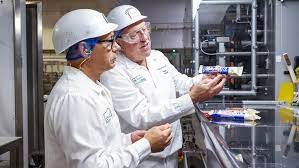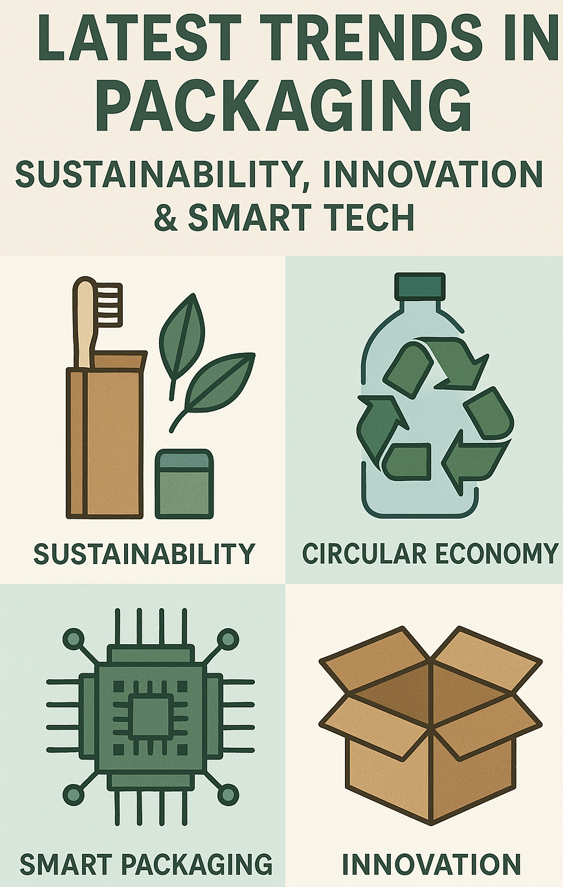
A well-known chocolate brand is switching to paper packaging in a bid to avoid excess plastic waste.
Mars Wrigley bars such as Mars Bars and Snickers will begin the transition to paper wrapping in Australia in April, with all chocolate produced by the company to be recyclable, reusable or compostable by 2025.
It is expected to eliminate more than 360 tonnes of plastic from the nation's supply chain.
Research and development director Chris Hutton said using paper packaging was a world-first for the company after two years of research at its Ballarat site.
"The paper is fully sustainably sourced and Forest Stewardship Council-certified, so it's really important that we drive to improve sustainability outcomes through things like recyclable packaging," he said.
"The infrastructure within Australia allows for paper to be easily recycled.
"We think that's a really important choice for our packaging, to make it as easy as possible for consumers to recycle."
No cost to consumers
The trials and development of the food-safe packaging cost about $2.5 million.
"We're very confident that our new paper packaging material maintains the exact same level of freshness and quality that our consumers expect," Mr Hutton said.
"There will be some increased costs associated with producing the bars in paper wrapping, but over time as we find efficiencies that will come down.
"None of the increased costs will be passed on to consumers.
"We believe this is something consumers expect of brands, and we won't be asking them to pay more for it."
Mr Hutton said it was also important for the factory to run sustainably.
"Our ultimate goal is to be carbon neutral by 2050," he said.
"We're looking across our entire supply chain — what our raw materials are packaged in, how our packaging arrives at the site and how our suppliers manage their supply chains."
Going green
The chocolate maker works with a solar farm in western Victoria to offset 100 per cent of its power consumption.
"We're part of the Australian Food and Grocery Council's national plastic recycling scheme and we've just kicked off a project to trial kerbside recycling of soft plastic," Mr Hutton said.
"These sort of programs where industry collaborates with other bodies, government and the Australian Packaging Covenant Organisation are really important to unlocking a more sustainable packaging food supply chain."







